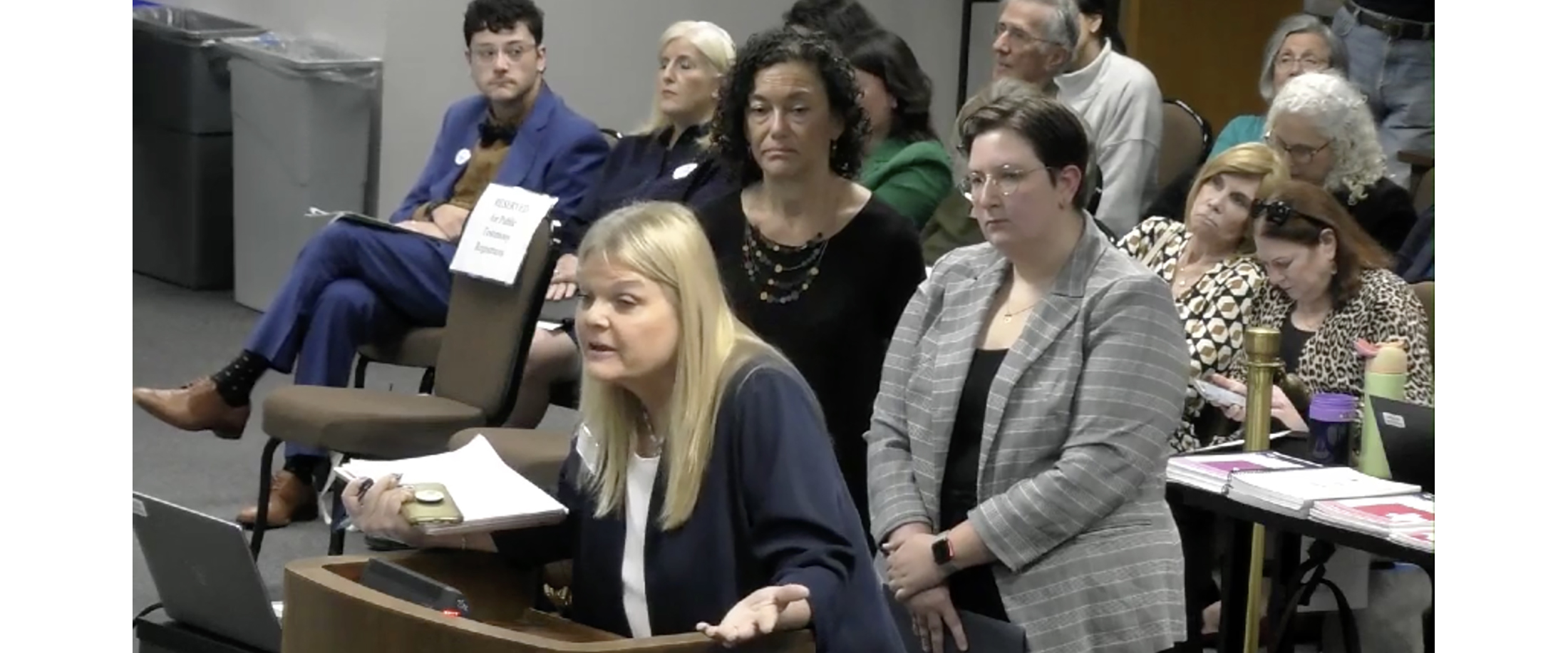Testifying Against a Controversial Curriculum in Texas
Recently, I traveled to Austin, Texas, to testify against a new curriculum proposed by the Texas Education Agency (TEA). This initiative, spearheaded by TEA’s Commissioner Mike Morath—hand-picked by Governor Greg Abbott—has sparked significant controversy and concern among parents, educators, and community members alike.
Lack of Transparency in Curriculum Development
One of the most alarming aspects of this proposed curriculum is the lack of transparency surrounding its authorship. Morath has refused to disclose the identities of the writers behind the $84 million curriculum, citing Abbott’s 2022 renewed COVID-19 declaration. This declaration effectively eliminated the requirement for the TEA to maintain a paper trail, leaving many Texans in the dark about who is shaping their children’s education. As a result, it appears that the public may never know the sources of this curriculum.
Fundamentalist Christian Perspectives
The proposed curriculum includes lessons and Scripture drawn from the Protestant Christian Bible, presenting these stories as literal historical truths. During my testimony before the Board of Education, I expressed my concerns: “It’s clear in reading the curriculum that those who wrote it have a distinctly fundamentalist Christian view of both the Bible and American history. I don’t want my 8-year-old or anyone else’s kid indoctrinated into that worldview.” This sentiment resonated with many others who spoke out against the curriculum during the public comments session.
Public Opposition
The overwhelming majority of those who testified were opposed to the curriculum. Out of 103 individuals who signed up to give testimony, 87 spoke against it, while only 16 supported it—an impressive 84% against the proposal. One of the first speakers, Susan Nayak, conveyed her emotional response to the curriculum, stating, “I strongly oppose adopting this curriculum. … It was appalling to go through it.” Nayak highlighted specific instances that she found troubling, such as the use of Martin Luther King Jr.’s “Letter from Birmingham Jail” to justify the idea that “there must be law and order even if the laws are unjust,” before transitioning into a lesson on the biblical book of Daniel.
Inappropriate Activities for Children
Several speakers, particularly from Jewish backgrounds, pointed out the inappropriate activities included in the curriculum. One particularly troubling example involved a lesson on Queen Esther, which suggested a game where students would roll dice to determine their fate, echoing the historical practice of “casting lots” to decide who would live or die. This kind of activity raises serious ethical concerns about what is deemed appropriate for public school students.
Parental Rights and Educational Integrity
Kimmie Fink, an educator and military wife, articulated the violation of parental rights inherent in the curriculum. “We do not need nor do we want our children to receive biblical instruction in their public school,” she stated passionately. Fink emphasized that parents should have the authority to control the faith messaging their children receive, arguing that elementary students are too young to differentiate between secular material and faith claims. She also pointed out that the curriculum fails to demonstrate a clear secular purpose for including biblical readings.
Political Dynamics at Play
The public testimony session also revealed the political dynamics at play within the Board of Education. Several right-wing members attempted to silence moderate Republican Evelyn Brooks for asking too many clarifying questions of the testifiers. This incident highlighted the tension between different factions within the board and the broader political landscape, where a powerful minority seeks to suppress dissenting voices.
Historical Narratives and Religious Influence
The debate over the curriculum also touched on the interpretation of American history. Cindi Castilla, a volunteer with the right-wing Texas Eagle Forum, described the curriculum as “a game changer,” arguing that it reflects the historical influence of biblical literature on American society. Board member Staci Childs challenged this perspective, questioning whether the curriculum might lead students to infer that faith in God is necessary for success. Castilla dismissed these concerns, asserting that parents are responsible for their children’s religious teachings.
Antisemitism and Historical Accuracy
The issue of antisemitism within the curriculum was raised by Rabbi Nancy Kasten, who pointed out that the materials contained harmful stereotypes about Jews. During her questioning by board member Tom Maynard, Kasten highlighted references that portrayed Jews as opponents of Christ and perpetuated negative tropes about Jewish communities. Maynard’s dismissive responses underscored the challenges faced by those advocating for a more inclusive and accurate representation of history.
The Broader Implications
The developments in Texas reflect a growing trend of Christian nationalism infiltrating various spheres of influence, including education. As these narratives gain traction, it becomes increasingly crucial for those committed to a pluralistic democracy to speak out against the imposition of a singular religious perspective in public education. The stakes are high, as the control of historical narratives can shape the future of religious liberty and inclusivity in America.
In this context, the words of George Orwell resonate: “Who controls the past controls the future. Who controls the present controls the past.” The ongoing struggle over educational content in Texas serves as a reminder of the importance of vigilance in protecting the principles of freedom and diversity in our society.
